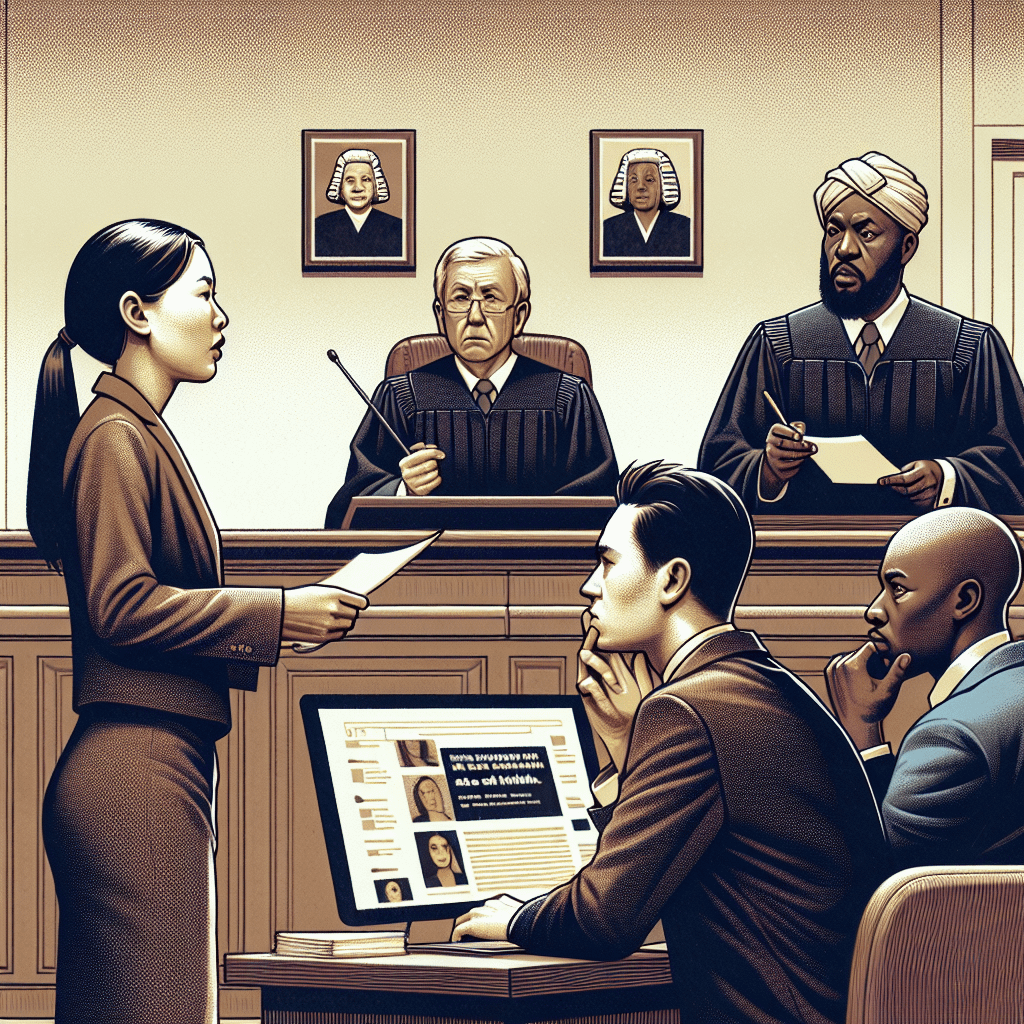Finding yourself at the center of false rumors online can be distressing. Whether it’s a heated social media exchange or a misleading blog post, questions often arise about defamation and whether you can take legal action. Let’s break down what it means to sue someone for defamation and explore if it’s a path you can pursue.
Understanding Defamation
Defamation involves a false statement made about someone that harms their reputation. It can take two forms: libel and slander. Libel refers to written or published false statements, while slander involves spoken ones. In the online world, you’re most likely dealing with libel since the internet is a written medium.
Key Elements of Defamation
To successfully sue for defamation, there are several elements you generally need to establish:
1. False Statement: The statement made about you must be false. Truth is a defense against defamation, so opinions or truthful statements, even if harmful, are not considered defamation.
2. Publication: The statement must have been communicated to at least one person other than yourself. In the online arena, this could mean a post shared on social media or a comment on a blog.
3. Injury: You must show that the false statement harmed your reputation, leading to damages like emotional distress, financial loss, or undermining your position at work or in your community.
4. Fault: The person who made the statement did so negligently or with malice. Public figures often have a higher bar to meet, needing to prove that the statement was made with “actual malice” – meaning the person knew it was false or acted with reckless disregard for the truth.
Do You Have a Case?
Assessing whether you have a defamation case involves evaluating the specifics of your situation. Ask yourself:
- Is the statement truly false, or is it an opinion? Statements like “I think this person is not very smart” are subjective opinions and not defamatory.
- Was the statement read or heard by others? A private message to you, while potentially harmful, isn’t typically considered publication.
- Can you demonstrate that the statement caused harm, like losing job opportunities or causing severe reputational damage?
Considerations Before Suing
Litigation can be lengthy, costly, and emotionally taxing. Here are some practical considerations:
- Evidence: Gather as much evidence as you can. Take screenshots, save URLs, and note down dates and times when the false statements were published.
- Seek a Retraction: Sometimes, asking the person to remove the defamatory content or issue a public retraction can resolve the problem without heading to court.
- Legal Advice: Consulting with a lawyer who specializes in defamation can help clarify your position and potential outcomes.
Understanding Defenses and Limitations
There are defenses to defamation that the person spreading false rumors might use, including:
- Truth: If what they said is true, you do not have a defamation case.
- Privilege: Certain statements may be privileged, such as those made in legal proceedings or other protected environments.
Legally, defamation laws vary widely depending on where you live. Some jurisdictions may require you to respond relatively quickly to preserve a claim, while others might have broader protections for free speech.
Exploring Alternative Resolutions
Before diving into a lawsuit, consider other routes. You might resolve things through mediation, a more informal process that can be quicker and less public. If you’re open to reconciliation, reaching out to discuss and clarify misunderstandings can also sometimes defuse the situation.
In a world where personal and professional lives are increasingly digital, guarding your reputation can mean navigating complex legal landscapes. If you find yourself targeted by defamatory online rumors, it’s important to understand your rights and the steps you can take to protect your reputation. Whether through court action or alternative methods, knowing your options empowers you to take control of the narrative.








